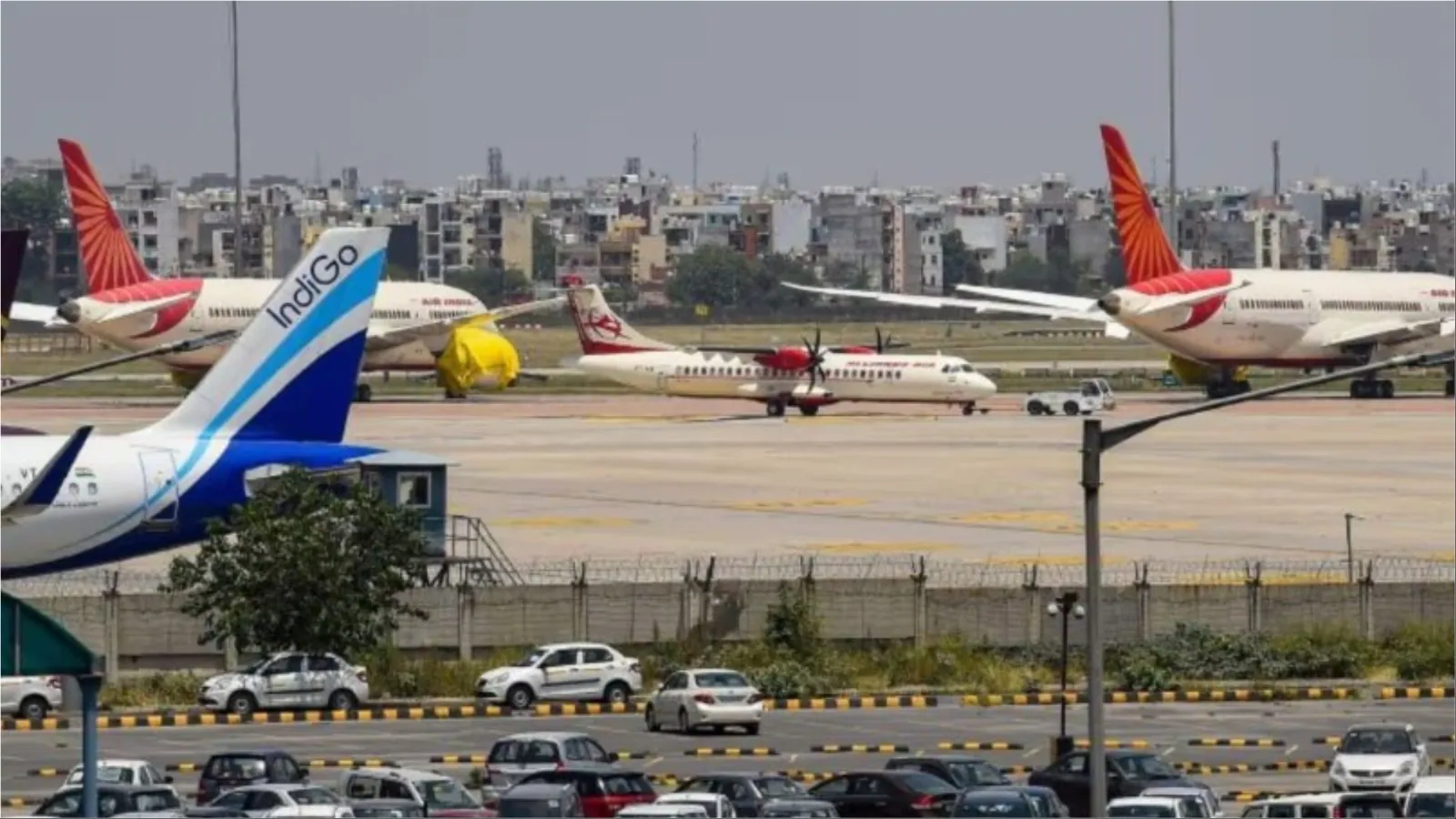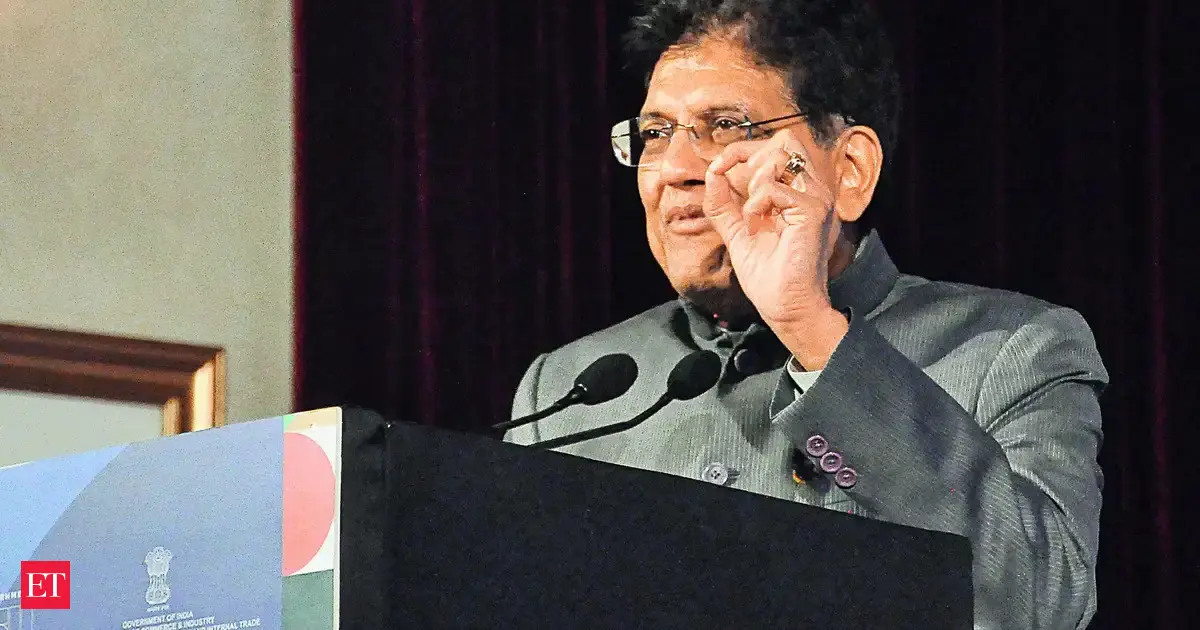Copyright news18

A day after the technical disruption at Delhi’s Indira Gandhi International Airport, it has now come to the fore that the Parliamentary Standing Committee on Transport, in its August report, had called for a comprehensive, time-bound overhaul of India’s Air Traffic Control (ATC) automation systems. In the report, the committee had warned that outdated technology poses operational and safety challenges, particularly at high-density airports such as Delhi and Mumbai. The Committee made its recommendations after the Air Traffic Controllers’ Guild (India) drew attention to critical technological issues within existing automation systems. According to the details, the Guild had highlighted that several ATC platforms were showing performance degradation, including system slowness, data processing delays, and a lack of modern decision-support features, factors that directly affect operational efficiency and compromise safety margins. In response, the committee laid down a series of key recommendations aimed at modernising the ATC infrastructure and ensuring global-standard safety and performance benchmarks. THE RECOMMENDATIONS BY THE COMMITTEE INCLUDED Time-bound modernisation: The Committee had urged the government to prepare a time-bound plan for a comprehensive overhaul of ATC automation systems, incorporating AI-driven tools and advanced automation technologies to enhance accuracy, speed, and safety in air traffic management. Benchmarking against global standards: The procurement and development of new systems must be benchmarked against the latest international standards, the committee said, adding that the system must include predictive analytics for traffic flow, AI-driven conflict resolution tools, advanced surface movement guidance, and real-time interoperability between air and ground systems. Technical audit of existing platforms: A comprehensive technical audit of all existing automation platforms should be undertaken immediately to identify priority areas requiring urgent intervention and to mitigate any risks arising from system degradation, the committee had said. Consultation with experts and controllers: The committee has stressed that the development and implementation of new systems must be carried out in close consultation with domain experts and serving Air Traffic Controllers (ATCOs) to ensure that the technology introduced is user-friendly, operationally effective, and aligned with real-world requirements. The committee had also observed that the issue is symptomatic of a broader trend, and that the pace of technological upgradation in India’s critical Air Traffic Control infrastructure has failed to keep pace with the exponential growth in air traffic and airspace complexity. While the number of flights has soared, the core technological tools used to manage them have not evolved at a commensurate rate, leading to a growing gap between operational demands and system capabilities. In its further analysis, the committee said existing systems lack advanced features for conflict detection and predictive analysis, increasing controller workload. These missing features include sophisticated and AI-enabled conflict detection and alerting tools, predictive analytics for traffic flow management, and seamless, real-time data sharing capabilities between different control units and with aircraft. This technological deficit places an enormous additional cognitive strain on the already-overworked ATCOs. They are forced to manually compensate for the system’s shortcomings, performing mental calculations and cross-checks that a modern system would automate. This not only increases the risk of human error but also limits the overall capacity of the airspace, the committee added. More than 800 domestic and international flights were delayed due to the air traffic control system’s technical issue at the Delhi airport on Friday. The issue was later addressed by the Airports Authority of India (AAI). Later, it was known that the airline operations at the Indira Gandhi International Airport (IGIA) were impacted due to a technical issue in the Automatic Message Switching System (AMSS), which supports air traffic control data. ECIL (Electronics Corporation of India Ltd) officials from Hyderabad came to the national capital to help in addressing the technical issue. According to AAI, the technical issue was first detected on November 6, and immediately, a review meeting was conducted by the Civil Aviation Secretary, along with AAI Chairman, AAI Member ANS and other officials, and necessary directions were given to address the issue. The national capital’s Indira Gandhi International Airport handles more than 1,500 flight movements daily. ALSO READ | Delhi Airport Says Flight Operations Returning To Normal After ATC Glitch



